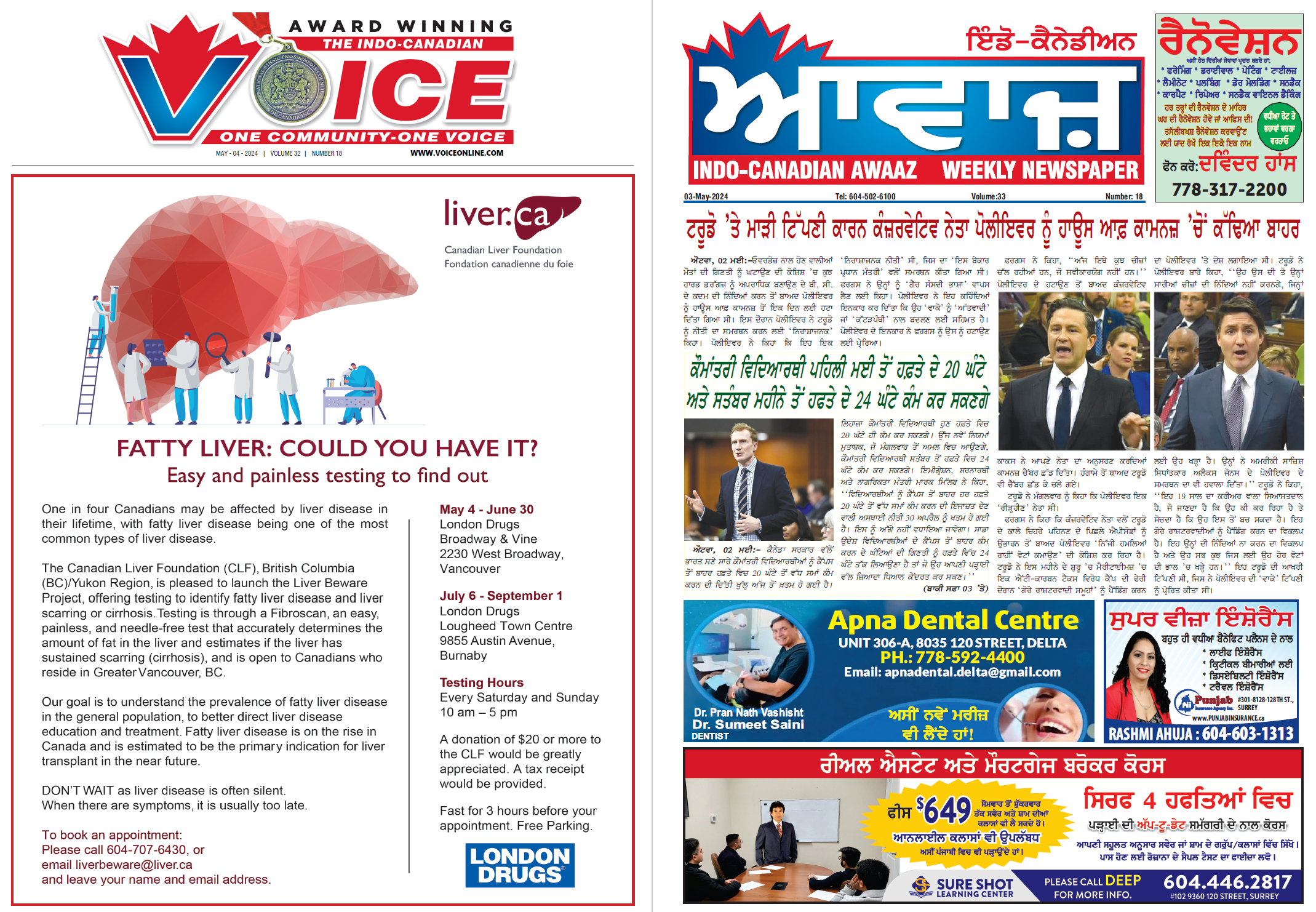VANCOUVER Mayor Ken Sim on Wednesday outlined a motion he is bringing before Vancouver City Council that he said is a significant step forward in addressing the housing crisis in Vancouver, while eliminating barriers and streamlining regulations.
The seven items outlined in Sim’s motion would give clear direction to city staff to prioritize the construction of new housing in Vancouver, while outlining clear policy objectives to cooperate with senior levels of government on, including enforcement of short-term rentals, or STRs.
“Since being elected just over a year ago with a significant majority on council, we have heard one thing over and over: people can’t afford to live here. As a dad, I know the uncertainty parents feel right now when they think about whether or not their kids will be able to live and thrive in this city,” said Sim.
“That’s why we have been focused on making sure we’re tackling the housing crisis head on. We’ve already made the most significant changes to zoning in decades, we’ve streamlined regulations and permit approvals, and today, we are doubling down on our efforts to unleash a new wave of building in our city. With a vacancy rate below one per cent, we need all hands on deck to build more homes right across the city. If adopted by council, that’s exactly what this motion will do.”
The proposed motion would make changes across a number of fronts:
- Accelerating the implementation of the 26 Village Areas outlined in the Vancouver Plan to facilitate the construction of townhouses, multiplex buildings, and mixed-use low-rise buildings between 3-6 storeys
- Exploring the steps and measures to harmonize and otherwise align the Vancouver Building By-law (CBO) with the BC Building Code (BCBC), which governs how new construction, building alterations, repairs and demolitions are completed, for a more rapid delivery of housing in the City of Vancouver
- Reviewing the City’s Shadow Impact Criteria and Guidelines
- Explore opportunities to expand and improve the City’s Certified Professional (CP) program to more efficiently and effectively deliver a wide range of housing
- Increasing the maximum allowable floor plate size for residential towers in order to allow for greater design flexibility to unlock additional housing units
- Exploring opportunities to increase housing density through the rezoning of lands in proximity to the city’s underdeveloped SkyTrain stations, such as Nanaimo Station, 29th Avenue Station, Renfrew Station, and Rupert Station
- Working with senior levels of government to express the City’s support for increased Provincial Short Term Rental enforcement
These important steps would help ensure the City of Vancouver is utilizing as many tools as possible to take the lead on housing, and getting the homes built that Vancouver needs, said Sim.














